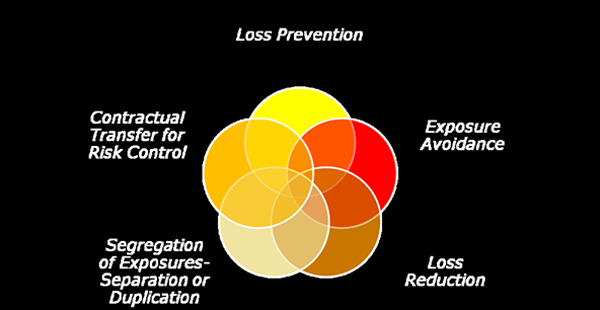
Risk Management

Risk management is the process of identifying, assessing and controlling financial, legal, strategic and security risks to an organization’s capital and earnings. These threats, or risks, could stem from a wide variety of sources, including financial uncertainty, legal liabilities, strategic management errors, accidents and natural disasters.
If an unforeseen event catches your organization unaware, the impact could be minor, such as a small impact on your overhead costs. In a worst-case scenario, though, it could be catastrophic and have serious ramifications, such as a significant financial burden or even the closure of your business.
To reduce risk, an organization needs to apply resources to minimize, monitor and control the impact of negative events while maximizing positive events. A consistent, systemic and integrated approach to risk management can help determine how best to identify, manage and mitigate significant risks.
While risk professionals are well familiar with the core principles of risk management — risk identification, risk analysis, risk control, risk financing and claims management — they are certainly not the only ones to rely on them in their daily thinking and decision-making.
Risk management involves thinking about what could happen if someone is exposed to a hazard and how likely it is to happen. You should always aim to eliminate risks. If you can't, you must minimize risks so far as is reasonably practicable.


 Click to Call
Click to Call Get Directions
Get Directions